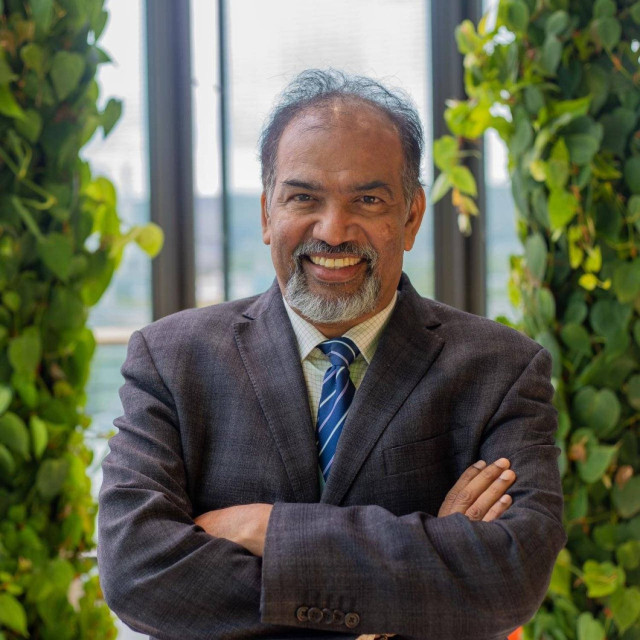It has been four years since the launch of the Global Initiative to Reduce Land Degradation in Riyadh during Saudi Arabia's presidency of the G20 in November 2020.
The initiative's goal is to achieve a 50 percent reduction in degraded lands by 2040, as this environmental issue poses a threat to millions of people and hinders sustainable development.
According to United Nations desertification data, over two billion hectares of the world's land are degraded, affecting half of the global population.
The international organization warns that without intervention, 1.5 billion hectares of degraded land will need to be restored by 2030 to meet the Sustainable Development Goals.
Riyadh commemorated World Environment Day 2024 on June 5 by focusing on land restoration, desertification and drought resistance in order to restore the planet.
In an interview with Asharq Al-Awsat, Muralee Thummarukudy, Director of the G20 Initiative to Reduce Land Degradation at the United Nations Convention to Combat Desertification, emphasized the challenge of securing funding, resources, money, and technical expertise to address this issue.
Thummarukudy, currently in Riyadh for various environmental activities and seminars organized for World Environment Day, discussed the initiative's goals and the ongoing efforts in this regard.
Highlighting the primary objective of globally reducing degraded land by 50 percent by 2040, he emphasized that land reclamation is the focus of the initiative, along with numerous sustainable development goals such as environmental protection and eradicating hunger.
The official further stated that 95 percent of all foods and 99 percent of calories consumed by the population are derived from the Earth, underscoring the impact of the Global Land Reclamation Initiative on multiple sustainable development goals, particularly for the Arab region, which grapples with land degradation.




















